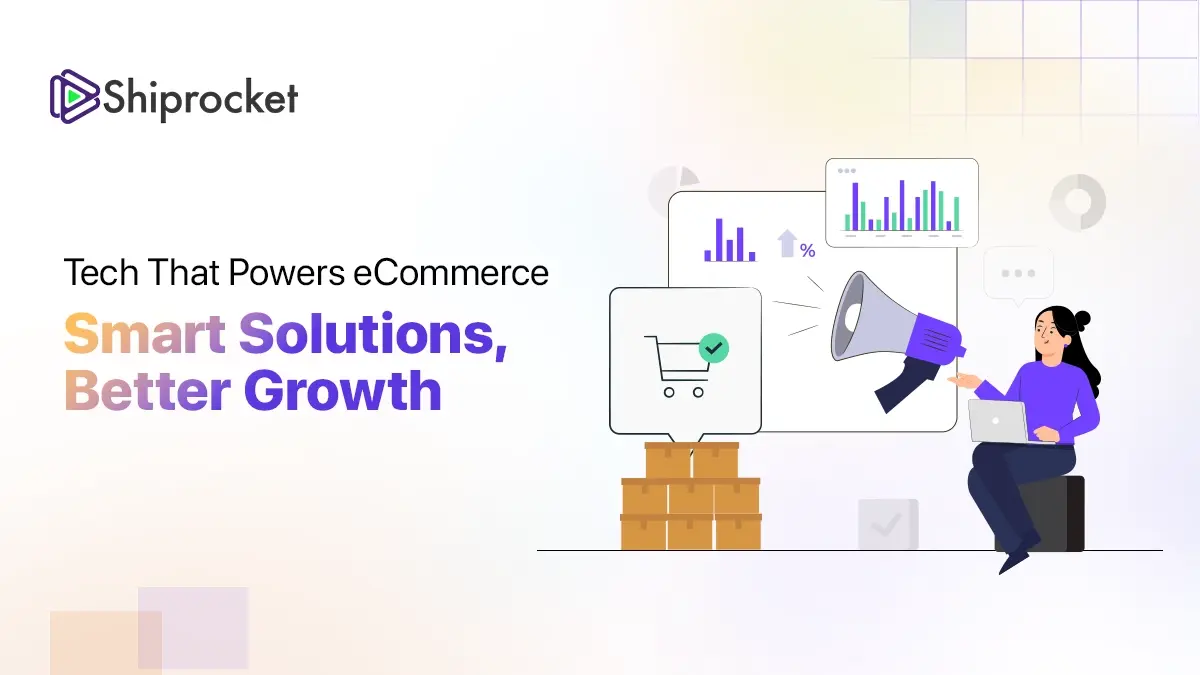WhatsApp Marketing Strategy to Introduce and Promote New Products
Businesses can now harness the power of digital marketing and instant messaging platforms like WhatsApp to promote their products. WhatsApp, as a marketing tool, is a great way for brands to connect with customers in real time.
WhatsApp marketing strategies help businesses reach and engage with new and existing customers through broadcast lists, personalised recommendations, catalogues, etc. WhatsApp marketing messages enjoy a click-through rate of around 15%, indicating that users are open to interacting with promotional content. Such interaction translates into an expected 5% conversion rate.
This blog mentions several WhatsApp marketing strategies to help you launch and promote new and existing products.
Methods to Promote New Products Through WhatsApp
WhatsApp is a great tool for product promotion in these digital times. WhatsApp as a marketing tool creates many opportunities to directly engage with customers. There are various successful WhatsApp marketing strategies for launching new products and promoting existing products. Some of them are:
- Broadcast lists: Brands can send WhatsApp messages to several recipients simultaneously without forming a group by using broadcast lists. Brands use WhatsApp to advertise and market their new products, and notify interested customers about the latest announcements, discounts, and promotions. Unlike group chats, broadcast lists protect members’ privacy by preventing other users from messaging them. This reduces the possibility of spam messages.
- WhatsApp status: You can share images, videos, texts, GIFs, and other files with your contact list on WhatsApp for 24 hours. Brands can use WhatsApp to interact with their customers, present new and popular products, and inform them about upcoming deals. Moreover, to engage customers, build their interest, and have a sense of brand-customer connection, brands can shoot and use interesting product highlights, teaser films, images, behind-the-scenes, sneak peeks, and more.
- WhatsApp catalogue: Businesses can create a catalogue and communicate products and services with customers through a feature in their WhatsApp business profile. A catalogue acts as a virtual showroom for goods and services, complete with prices and product descriptions, making it a crucial component of a company’s presence on WhatsApp.
- Click-to-WhatsApp Ads: Click-to-WhatsApp advertising is an additional component of the WhatsApp marketing strategy. WhatsApp advertisements attract new customers to your business by engaging customers and advertising new products. These ads also help businesses build a structured WhatsApp sales funnel, guiding potential buyers from initial interaction to conversion through automated follow-ups, product recommendations, and personalized engagement. Such features of WhatsApp make it easier for you to offer sales and discounts on recently added products.
- Exclusive deals: Businesses can entice customers to interact with their brand and make purchases by providing them with special offers and discounts on WhatsApp. With such deals and offers, customers remain interested and look forward to future sales, discounts, and offers. But to avoid any confusion and discontent, it is important to make sure that clients understand the terms and conditions of the offers and discounts clearly.
- Integration of WhatsApp with eCommerce: Brands can share links to products and product pages through WhatsApp with customers. Such links will integrate WhatsApp with your eCommerce platform and help consumers have a smooth product browsing and purchasing experience.
- Click-to-chat links: A click-to-chat option is a good strategy that can be used on companies’ other social media handles, such as email, newsletters, Instagram, Facebook, etc. The product descriptions, offers, promotions, and call-to-action buttons are positioned beside the click-to-chat link to assist customers in clicking it and making direct product inquiries via WhatsApp. These click-to-chat links seamlessly integrate to increase sales and customer interaction rates.
- Personalised recommendations: Customers can receive tailored suggestions from brands based on their past orders and interests. This WhatsApp marketing strategy works well because companies may tailor product recommendations based on consumers’ interests, requirements, and preferences by evaluating data and customer insights. Such personalised recommendations by the brand improve customers’ overall shopping experience by assisting them and making them realise that the brand respects and comprehends their choices.
- Automated FAQs: Any business can benefit from having FAQs since they assist businesses in responding to frequently asked queries from consumers. WhatsApp has a tool that lets professionals generate FAQs with information on new products. With the features and benefits it offers, it automates the process of answering FAQs. Customers will benefit from having the information they need about your goods and services.
- Order placement: Customers can use the features provided by WhatsApp to place orders based on their impulse buying behaviour. WhatsApp can be used for product marketing and lead users to the brand’s website to make purchases by conversing with brand representatives. This makes the buying process easy for both consumers and brands.
- Product demonstrations: Customers always need some guidance with the new products they purchase, so sharing product demonstration videos or live sessions through WhatsApp will be helpful for them. The product demonstrations should highlight the benefits and features of the new product purchased by the customer. This can be pre-recorded and shared with multiple customers afterwards to help with the product’s functionality and usage.
- Giveaways and contests: Brands can organise contests and giveaways by sharing participation messages on WhatsApp for the customers engaged with the brand. This will increase the interaction and connection between brands and consumers, create a trend, and attract more and more people to join the brand’s WhatsApp channel to participate.
- Engaging product quizzes: Brands can create engaging and interactive product quizzes and polls on WhatsApp for customers. These quizzes will help consumers discover the features and usage of the products, know about the products as per their preferences, and help brands promote new offers.
- Tutorials: Tutorials educate customers about the features, benefits, and uses of the products purchased or new products launched. Brands can share tutorial links and videos through WhatsApp to empower customers to make informed decisions.
- Sending OTPs on WhatsApp: WhatsApp also supports businesses in streamlining secure operations by enabling the delivery of OTPs (one-time passwords) for customer verification. Whether for confirming transactions, logging into accounts, or validating new purchases, this feature ensures seamless and secure authentication. Businesses can rely on WhatsApp OTPs, making it an integral part of any comprehensive WhatsApp Marketing Guide. With easy setup and reliable delivery, it’s a critical feature for enhancing trust and convenience in eCommerce transactions.
Conclusion
WhatsApp has been used as a marketing tool, giving companies numerous opportunities to present, launch, and advertise both new and existing items to both current and potential customers. WhatsApp has completely changed the landscape of digital marketing; it provides multiple features and uses that help brands engage with customers, build relationships, and generate sales. From broadcast lists, WhatsApp statuses, catalogues, product recommendations, etc., businesses can engage their audience and keep them informed about the latest offers and sales. Businesses that are using and integrating such interesting and engaging WhatsApp marketing tool to promote themselves are building strong relationships and a strong presence, which will help brands achieve success in the digital marketplace.
WhatsApp marketing is a type of marketing that is used by brands and businesses to promote themselves, increase sales, engage with customers, and build strong relationships.
Brands and businesses can engage their target audience by creating public WhatsApp groups, broadcast lists, using click-to-chat links, generating QR codes to directly communicate with the customers, using WhatsApp ads, etc.
Brands and businesses can engage with customers as per their schedules and preferences. For example, if your target audience is working, then time frames like 9 a.m. to 12 p.m. or 5 p.m. to 9 p.m. will suit them.






